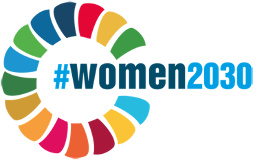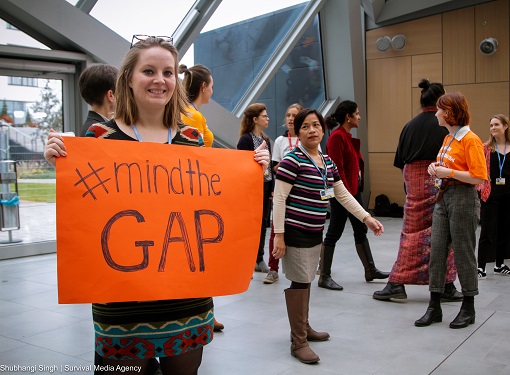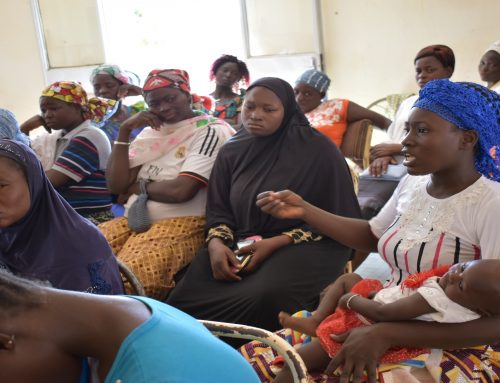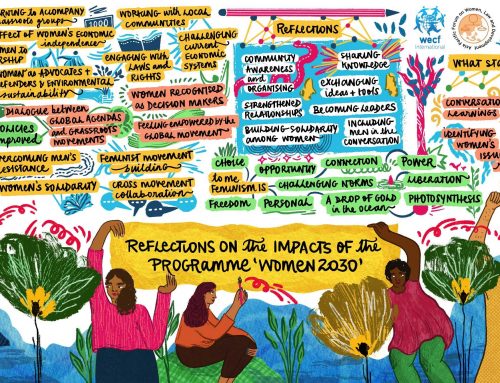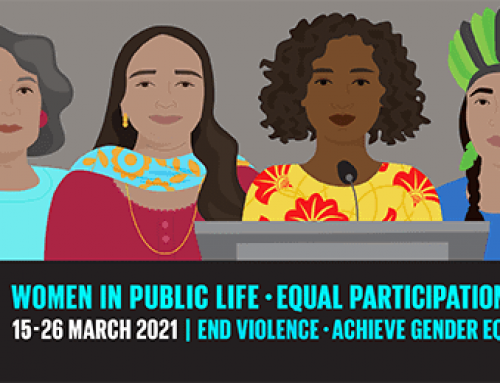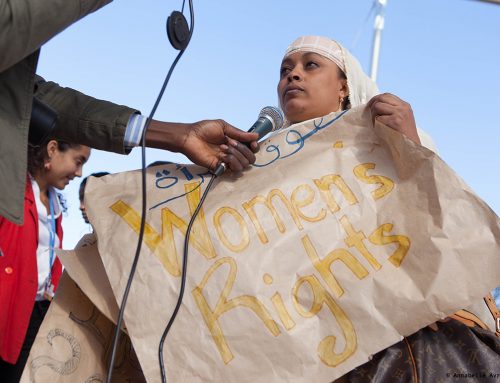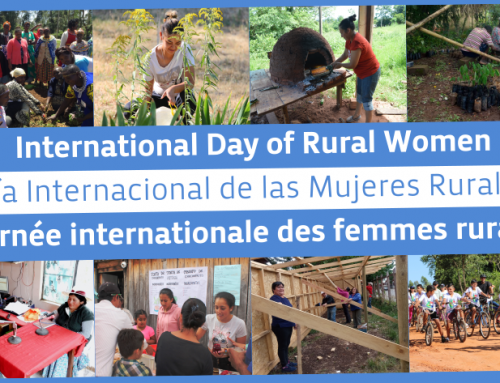Press Release: Women & Gender Constituency hosts an action during the climate negotiations
COP 23, Bonn, Germany
07 November 2017
WHAT
On Tuesday November 7, 2017, the Women and Gender Constituency of the UNFCCC hosted an interactive ACTION at COP23 to highlight the importance of the Gender Action Plan (GAP) and reinforce our demands for the negotiations. We held an aerobics class to remind COP23 to metaphorically #MindtheGap. Gender inequality is exacerbated by climate change, and addressing the two issues in tandem is of extreme importance for all individuals. The Women and Gender Constituency views a comprehensive, targeted and resourced two-year gender action plan (GAP) as a critical outcome for COP23, in order to urgently advance gender-responsive and human-rights based climate policy and action. The WGC has outlined clearly that the GAP must be an instrument that effectively supports the overall goal of an urgent transition from a deeply unjust fossil-fuel based economy to a more sustainable, just and equitable model of development that ensures women’s human rights and gender equality. We demand a robust and comprehensive Gender Action Plan!
WHO
Climate justice and gender equality advocates of all ages from around the world: Africa, Asia, South and Central America, Middle East, North America, Europe, Pacific island states, Australia and Aotearoa/New Zealand.
WHEN
Tuesday, November 7, 2017
11:45 AM
WHERE
Bula Zone, New York Entrance
WHY
Climate change is one of the most daunting global challenges of our time. As changing temperatures, weather patterns, and ecological systems threaten communities all over the world, the effects will be felt differently between the global North and South, various social classes, and between men and women. Just as any disaster can exacerbate existing social differences, climate change can be expected to worsen the distinction between men, women, and gender-nonconforming individuals in terms of opportunity, safety, and general wellbeing.
In addition to the looming threat posed by climate change, gender distinctions in relation to environmental issues can already be observed. According to the Women’s Environmental Development Organization only 12% of federal environment ministries worldwide are headed by women, as of 2015. Women on average make up 43% of the agricultural labor force in developing countries, and around 50% in sub-Saharan Africa. As of 2010, only 15% of land in sub-Saharan Africa is owned by women. Females are more likely to be killed by natural disasters and/or are systematically killed more often than males. In Malawi, gender inequalities in agriculture cost USD $100 million. At the current rate of increase, gender parity in negotiations will only be reached by 2040.
The Gender Action Plan represents a landmark opportunity to improve the quality of life for women worldwide, as well as ensure their representation in climate policy. In order to achieve this, however, the GAP must achieve several goals outlined by the Women and Gender Constituency in our list of Key Demands (linked below.)
The WGC’s four goals for a robust and comprehensive GAP are:
- Step-change in capacity for/ implementation of gender-responsive climate policy development, delivery and reporting at national level, particularly via gender budgeting in climate programming.
- Increased availability of sex and gender disaggregated data and analysis at all levels, looking at both the impacts of climate change as well as the impacts of climate change policies and actions. Analysis should include data based on local and traditional knowledge, including women’s traditional knowledge.
- Meeting the goal of gender balance in all aspects of climate change policy-making, on delegations, boards and bodies of the UNFCCC as well as at regional and national level, and ensuring the full and effective participation of local, grassroots and indigenous women in these spaces.
- A goal of 100% gender-responsive climate finance and other means of implementation, including ensuring environmentally and socially sound technology transfer and development.





ABOUT
The Women and Gender Constituency (WGC) is one of the nine stakeholder groups of the United Nations Framework Convention on Climate Change (UNFCCC). Established in 2009, the WGC now consists of 27 women’s and environmental civil society organizations, who are working to ensure that women’s voices and their rights are embedded in all processes and results of the UNFCCC framework, for a sustainable and just future, so that gender equality and women’s human rights are central to the ongoing discussions. As the WGC represents the voices of hundreds and thousands of people across the globe, members of the Constituency are present at each UNFCCC meeting and intercessional alongside the UNFCCC Secretariat, governments, civil society observers and other stakeholders to ensure that women’s rights and gender justice are core elements of the UNFCCC. In this action the constituency is joined by other stakeholders committed to advancing women’s human rights, peace and climate justice.
MORE RESOURCES
- Women and Gender Constituency Key Demands: http://womengenderclimate.org/wp-content/uploads/2017/11/WGCKeyDemands-1.pdf
- Statistics on gender and climate change: WEDO: http://wedo.org/resources/
DOWNLOAD PRESS RELEASE
You can download a pdf of the press release here.

